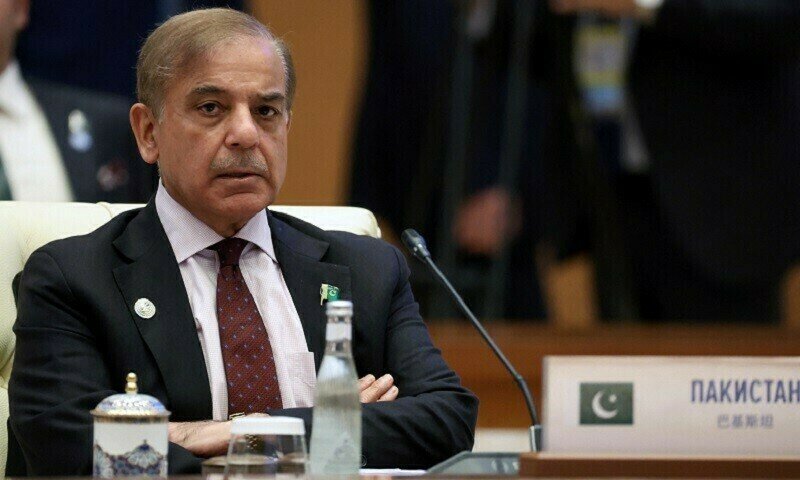As Prime Minister Shehbaz Sharif prepares to unveil the “Home Grown Economic Plan” aimed at liberalizing Pakistan’s economy, the Pakistan Business Council (PBC) has raised concerns over several shortcomings in the plan which is scheduled to launch on August 14.
The PBC concurs with Professor Dercon’s assessment that long-term protectionism stifles modernization and innovation in domestic manufacturing, ultimately undermining consumer value. However, the council also highlights the challenges faced by local industries, which must contend with high energy costs, unreliable power supply, inadequate security, poor infrastructure, and low productivity due to insufficient state investment in human capital.
These issues, coupled with harassment from the Federal Board of Revenue (FBR), create a “chicken and egg” dilemma regarding whether to first address tariffs or the provision of competitive inputs.
The PBC raises critical questions about the potential consequences of reducing import protection without first ensuring competitive input costs. Concerns include the responsibility for potential layoffs, particularly given the Home Grown Economic Plan’s objective of creating a million jobs, and the compensation for investments that may become redundant.
The council also emphasizes the importance of domestic production in reducing the marginal cost of exports for businesses that serve both local and export markets.
To address these concerns, the PBC advocates for a more nuanced approach. It suggests swiftly removing protection for sectors in which Pakistan lacks a comparative advantage while providing temporary protection to sectors that can achieve competitiveness through the scale of the domestic market. This approach necessitates a comprehensive industrial policy, which the PBC notes is currently absent from the Home Grown Economic Plan.
The PBC underscores that while Professor Dercon’s recommendations are a valuable reminder of the necessary economic reforms, the real challenge lies in effective implementation. The council calls for the Prime Minister’s vision to be supported by a solid, actionable plan to ensure successful execution.
As the nation awaits the official announcement of the Home Grown Economic Plan, the PBC’s endorsement and constructive feedback highlight the importance of a balanced and pragmatic approach to economic liberalization, ensuring that the benefits of reform are realized without undue disruption to the domestic industry.
The PBC acknowledges that these recommendations, which emphasize higher tax revenue through a level playing field, optimization of public finance, privatization, and a reduction in the government’s footprint, are consistent with the council’s long-standing advocacy.
Professor Dercon’s recommendations focus on enhancing exports, particularly in the IT and agriculture sectors, implementing power sector reforms, and digitizing the economy.
A key aspect of his proposal is the reduction of import tariffs, especially on intermediate goods that serve as inputs for the export sector. This approach aims to balance the external account by prioritizing exports over import substitution.










